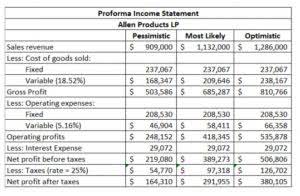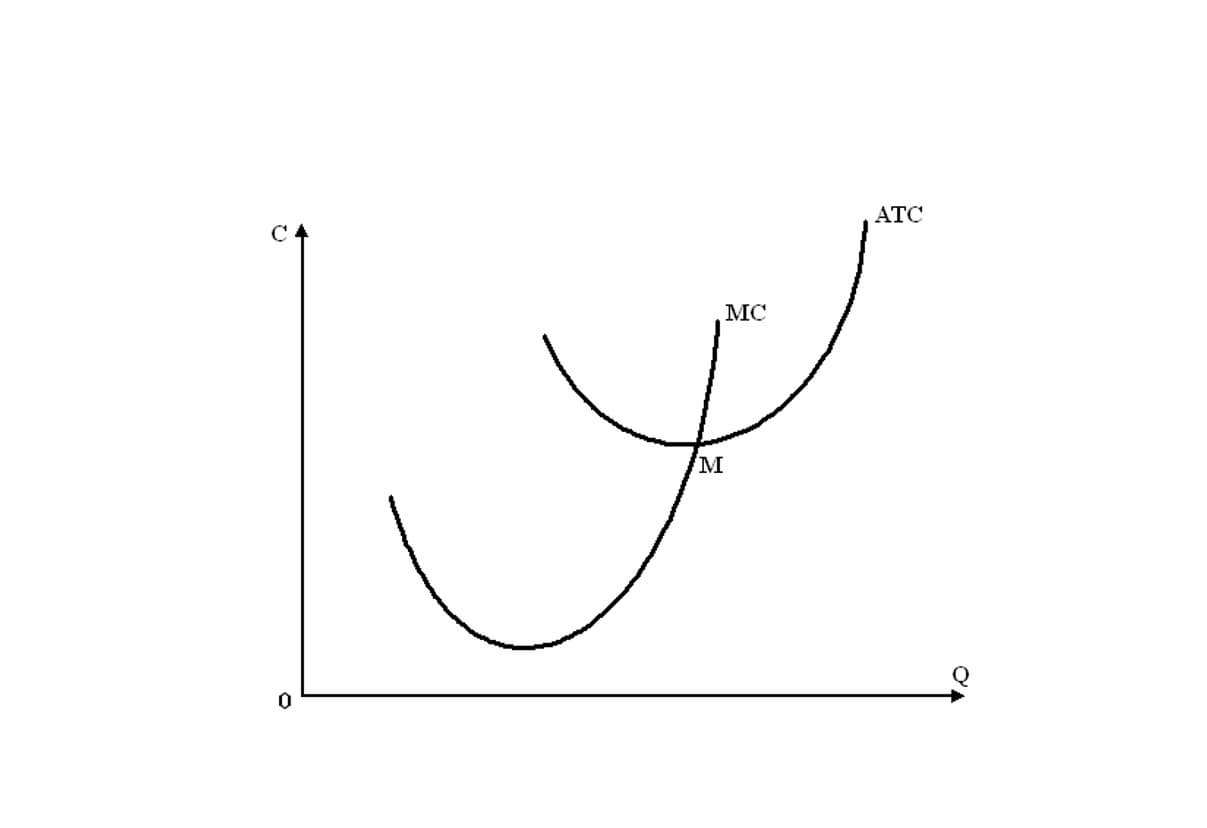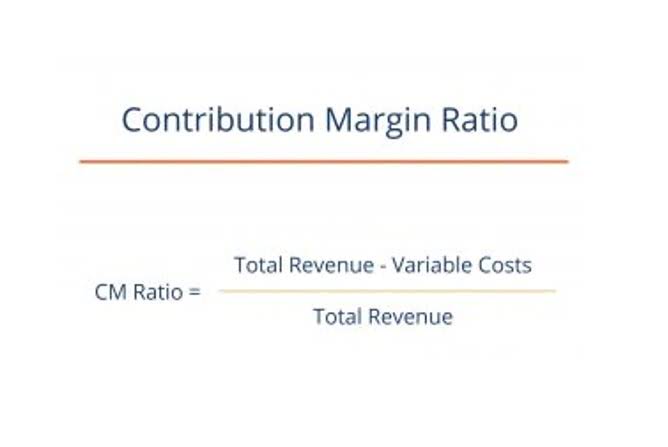
You will be able to track each grant separately, and the software will help you demonstrate transparency in how your organization spends the money it receives. You can also track every dollar your organization spends and show what area of your nonprofit it went to. Money can come from various revenue streams, such as donations or grants, which the nonprofit then has to show accountability for. Part of that transparency involves having various funds in their accounting structure, and those funds hold money for different areas or purposes in their organization.
Accounting considerations related to COVID-19 — Government assistance
- Think routine summary reports, budget vs. actual reports, and variance analysis—all of these can help your team identify any discrepancies or issues related to grant accounting.
- Reconciliation and reporting is about comparing actual expenditures against the allocated budget and reporting these findings to the funders.
- Regular accounting, while still needing to meet general financial reporting standards, does not have this additional layer of accountability to specific external stakeholders.
- Much of Stephen’s current work is in support of New York City based private developers and property owners and includes design engineering, cost and schedule planning, and construction inspection services.
- Your reply hits the nail on the head where you say that for Capital Allowances you deduct the grant from the cost of the asset.
- To demonstrate that the funds are used accordingly, your organization needs to appropriately report on your financial statements how those dollars are being spent.
To be successful, you should be strategic about the types of grants you will — and won’t — apply for. In the pre-award phase, you should identify the types of grantmaking opportunities that align with your organization’s mission and goals. You don’t want to waste time applying for grants that aren’t a good fit for who you are and what you do. You also don’t want to spend precious resources on grants that don’t help your organization thrive and grow. Connect with our team, and we’ll start by understanding your nonprofit’s goals, mission, and financial landscape. From there, we collaborate to develop a tailored funding strategy that unlocks the right grant opportunities for your organization.
CPE Webinar: Mastering Budgeting: Build Budget Reporting for…

Transparent accounting practices include providing clear, detailed financial reports and being open to audits or reviews. Accurately reporting your grants is critical for maintaining what is grant accounting compliance with funders’ requirements and government regulations for nonprofits. It also helps ensure transparency with your supporters about how your organization funds its mission.
- That just cannot be the case and as the article itself says the tax treatment does not dictate accountancy treatments.I won’t comment further on this because your « method » just is not right.
- GrantSpace, a service of the Foundation Center, offers tools and resources to help nonprofits succeed in securing grants.
- He has served numerous municipal clients, including NYCDDC, NYCSCA, NYCEDC, NYCHA, and the NYS Air National Guard.
- Since they are project specific, they cannot be used to pay employees, compensate your board, or cover your organization’s operating costs.
- Eugen Cela has over 16 years of experience in construction and geotechnical engineering for a wide array of projects from private sector to government agencies.
- Having an independent audit team review your records related to the grant can help protect your organization from any unforeseen problems.
Ensuring Proper Use of Funds and Project Success

Proper grant accounting is more than just about complying with funder requirements. It is also a tool that can significantly contribute to the success of grant-funded projects. Grant accounting centers around the financial tracking of funds received through grants. The Grant Analyst will understand sponsor requirements and interpret guidelines for the Principal Investigators and departmental research administrators and provide advice to support post award transactions.
This plan serves as a roadmap for the project’s implementation and a reference point for monitoring real-time progress and making necessary adjustments. Another important grant financial management practice is to maintain separation between grant funds and your organization’s general operating funds. Aplos offers robust reporting so you can clearly show how money from a grant fits into the revenue your organization receives. You can also create multiple layers of reporting using tags that track grant funds, expenses, and initiatives. They will allow you to show the required details without using multiple spreadsheets to display the information you need.
This phase is important to the overall organization of the grant lifecycle as the objective is to collect information and disseminate it to grantmakers. Without a clear plan of action, you could end up losing time that could otherwise be spent on your organization’s mission. The process is essential to the overall success of new grant funding and can help you, the grant seeker, organize information in order to efficiently apply for grant proposals. Explore the outline of each key step from initial research to final reporting, offering detailed guidance, related resources, and best practices throughout each stage.
Free Recorded Webinar: Advanced Tips for Budgeting
When managing grant finances, ensure that expenses charged to the grant are directly related to the grant’s objectives. As this relates to tuition fee for the director, I have added it in the top half of the balance sheet after sales revenue as grant fee. Hence I have shown the total cost of the course fees as an admin expense since the company is paying for the course on behalf of the staff – the director. « It is frightening that people saying FRSs and SSAPs are wrong headed are out there and responsible for preparing financial statements and tax computations for real businesses ». Bottom line – I suspect we are never going to agree, because you both think that a capital grant is a kind of revenue and therefore must appear somewhere on the P&L, and I think it is capital and should never appear on the P&L. This is a fairly old standard, issued in April 1974 and revised in July 1990 following the issue of ED 43 in 1988 whose proposals it broadly adopted.


